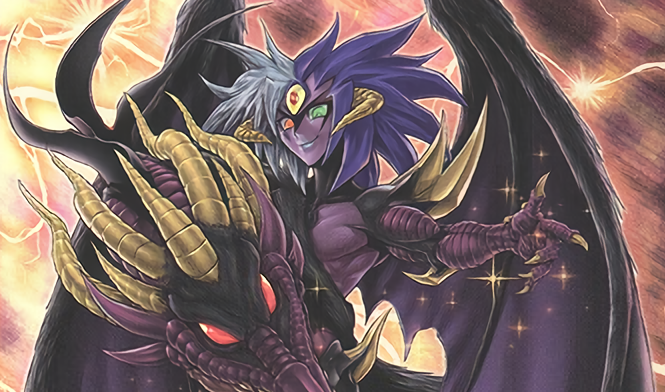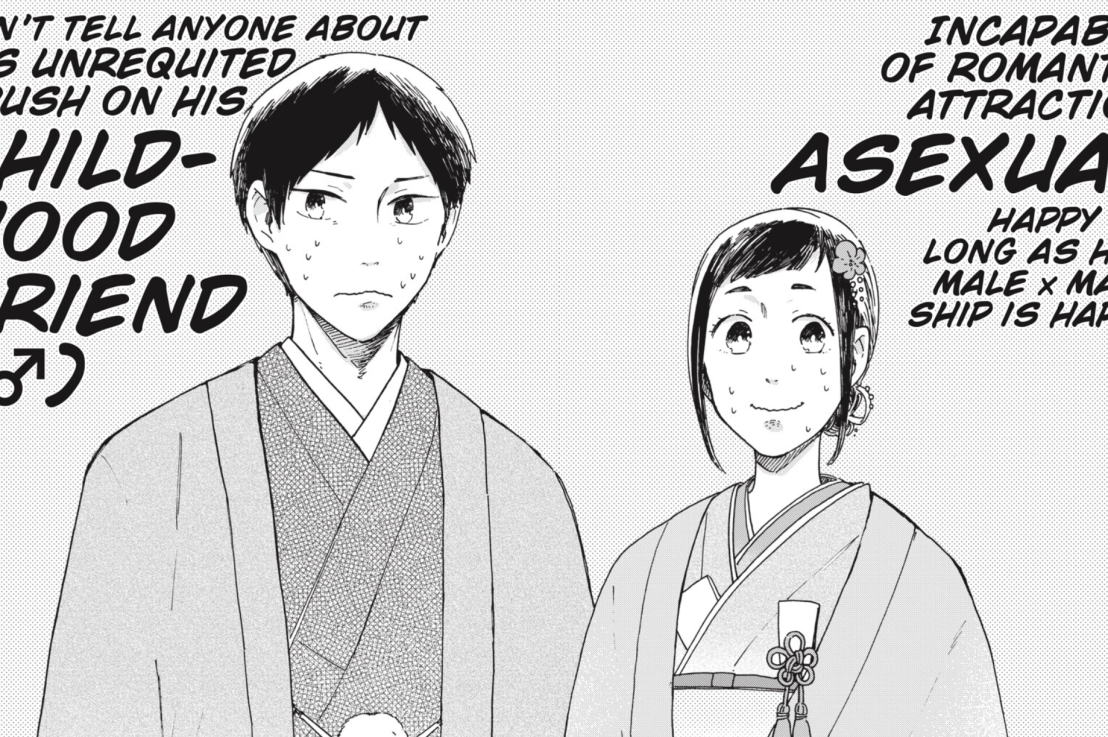With Jaden (Judai) Yuki, Yu-Gi-Oh as a franchise began its tradition of male protagonists, but he has more going on with gender than meets the eye. Although Jaden has a passion for a male-dominated game like his predecessor Yugi Mutou, he does not share his displays of heterosexuality. Jaden shows no attraction to his female peers, in contrast to how his classmates Syrus Truesdale, Chazz Princeton, Bastion Misawa, and Tyranno Hassleberry become fixated on at least one girl over the course of GX. Whereas the original Yu-Gi-Oh manga begins with boys sharing porn video tapes and Yugi harboring a crush on Anzu Mazaki (Téa Gardner), Jaden’s thoughts on romance range from obliviousness to discomfort. His Tag Force profile states, “his thoughts on girls are a mystery. At times a girl may have a crush on him, but he has rarely, if ever, shown any interest.” In Tag Force 2: “when it comes to girls, you’d expect him to be really outgoing, but he’s actually fairly passive. When dueling he shows all of his feelings so freely, but, with girls, he’s the exact opposite.” He often misunderstands romantic intentions, such as unknowingly dueling for the right to become Alexis Rhodes’s fiancé in episode 15 or giving game advice to another student instead of the romantic guidance he hoped for in 81. This obliviousness includes interactions with boys, seen in episode 40 when he interprets Pharaoh Abidos’s offer to join him in the afterlife (with a more romantic sentiment of “staying together” eternally in the Japanese version) as strictly about dueling.
These instances portray Jaden as “pure-hearted” or a “late bloomer,” unconcerned with romance in favor of his enjoyment of Duel Monsters that can veer into a boyish disdain for “cooties.” His gender and age play into this characterization, whereas Alexis Rhodes disengages from heteronormative courtship fully aware of romantic context and the elder Zane Truesdale prioritizes dueling because of his aloofness as a whole. When Blair Flannigan becomes increasingly verbally and physically affectionate with Jaden, he recoils. While Blair’s heteronormative flirting reinforces her femininity, Jaden’s disengagement from heterosexual courtship distances him from mature masculinity. In the Japanese version of season 3, his bond with Johan (Jesse) further disrupts the heterosexual matrix by taking implied romantic interest in another boy.
Above all else, Jaden’s interests lie with card games and making friends. His refusal to climb the social ladder of Duel Academy by staying in Slifer goes hand in hand with his indifference to gender roles, another hierarchy in society. In the Japanese version of episode 20 when Hayato Maeda (Chumley Huffington) speculates about Rei (Blair) being a girl disguised as a boy, Judai (Jaden) shrugs it off with his belief that “people come in all shapes and sizes.” Jaden’s acceptance of others and enthusiasm for fun endears others to him regardless of their gender, unlike Chazz’s posse of male fans or Alexis’s camaraderie with the Obelisk girls.
Continue reading “Get Your Gender On: Jaden Yuki and Yubel”








